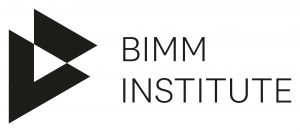Visa and immigration
If you are an EU, Swiss or EEA student, you can move to Germany and begin your studies at BIMM University Berlin without the need for a visa. All you need to do is register with the local authorities within 2-weeks of your arrival to let them know you’re here.
If you are a non-EU student, you may need to apply for a visa to study at BIMM University Berlin. You can get immigration and visa support throughout your time with us – from when you apply to when you graduate.
Germany offers very positive terms for international students, including the right to work a certain number of hours per week during your studies, which could greatly help you engage with the creative industries during the semester or holiday periods as well as have part-time employment to support your living costs. The process of applying and being awarded a visa can be completed directly with the local German embassy in your country of origin and takes approximately 25-days to complete.
Nationals of a country in the European Union (EU), European Economic Area (EEA) or Switzerland do not need a visa or any other form of immigration permission to study BIMM University Berlin, and are entitled to the freedom of movement when entering Germany.
EEA countries are: Austria, Belgium, Bulgaria, Croatia, Republic of Cyprus, Czech Republic, Denmark, Estonia, Finland, France, Germany, Greece, Hungary, Iceland, Ireland, Italy, Latvia, Liechtenstein, Lithuania, Luxembourg, Malta, the Netherlands, Norway, Poland, Portugal, Romania, Slovakia, Slovenia, Spain and Sweden.
International students often need a visa to enter Germany. If you plan to study in Germany, you have to submit an application for a student visa to the respective German mission (embassy) abroad before travelling.
You can find a list of countries requiring visas for study, and exemptions here:
www.auswaertiges-amt.de/de/service/visa-und-aufenthalt/
If you come from Australia, Canada, Israel, Japan, New Zealand, South Korea, the United Kingdom or the United States, you can enter Germany without a visa. On arrival in Germany, you can apply for a residence permit from the Foreigners’ Authority, as visa-free access is limited to a 3-month period from your date of arrival.
Documents have to be presented proving that you have been accepted for studies by BIMM University Berlin. The German mission abroad will then forward the visa application for an opinion to the Foreigners’ Authority in Berlin.
This process can take some time. German embassies generally advise that this process takes 25 days, but we highly recommend allowing up to 90 days for your study visa to be processed by your local German embassy.
As such, if you plan on studying at BIMM University Berlin and will be moving to Germany from a non-EU country, we advise you to apply and complete our application requirements at your earliest convenience. This, in general, is no later than the end of May in the year you plan to study, as all BIMM University Berlin degree courses begin in late September.
Applying for study early, so you are in a position to provide a confirmation of your place of study to your local German embassy, will allow you to complete the visa application process with minimal delays. If you apply for your visa later than June, then you may experience some issues which could impact you being able to begin your studies in September.
Further information on applying for a student visa, and a list of overseas German embassies, can be found here:
Germany is a vibrant and diverse country in which to study, and Berlin is home to a rich, creative and international community. Many of our students wish to work to during their studies to support their living costs and engage with the creative industry. Below are some considerations dependant on your nationality and circumstances:
Students from the European Union, Iceland, Liechtenstein, Norway and Switzerland have unrestricted access to the German labour market and have practically the same rights as German students. However, if they work more than 20 hours per week, they must pay certain insurance contributions (just like German students).
British students currently living and studying in Germany can also work alongside their studies with no restrictions besides the above. This is subject to change depending on the terms of the Brexit agreement with the EU after January 1st 2021.
Non-EU students can also work during their studies, up to 120 full days or 240 half days per year. Generally, this equates to 20 hours per week during each 30-week semester. You may be able to increase this to full-time work during holiday periods/ semester breaks but will also need to request a work permit from the Federal Employment Agency and Foreigners’ Authority. This work permit would have details on the number of hours of work you can take up.
Any questions?
Our Admissions Team are on hand to provide prospective and enrolled international students with information and advice on moving to Germany to study.
For help, support or advice, please call or email us between 9am-5pm CET using the contact details below.
Tel: +49 30 311 99 186
Email: admissions@bimm-university.de












